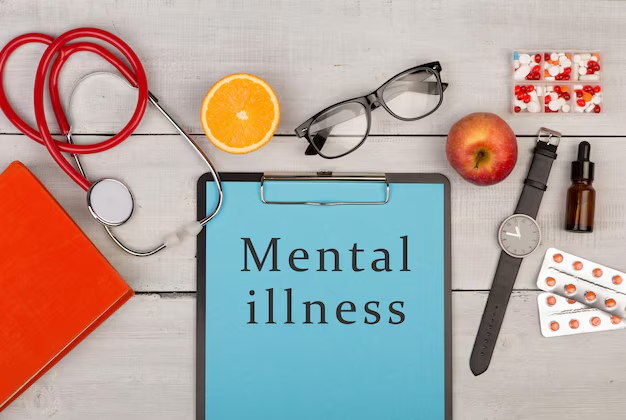How to Become a Psychiatrist: Essential Degrees and Credentials
Becoming a psychiatrist is a fulfilling career choice for those passionate about mental health and wellness. This journey requires dedication, extensive education, and proper licensing. Aspiring psychiatrists must first earn a bachelor's degree, typically with a focus on pre-med or sciences such as biology or chemistry. This foundational step prepares candidates for the Medical College Admission Test (MCAT), a crucial gateway to medical school. Once admitted, students will embark on a four-year journey in medical school, balancing rigorous coursework and clinical training. Graduating with an MD or DO degree marks a significant milestone before delving deeper into psychiatry-specific training.
Following medical school, graduates enter a psychiatry residency program, lasting four years, where they gain hands-on experience diagnosing and treating mental health disorders under expert supervision. Residents must then pass the United States Medical Licensing Examination (USMLE) or the Comprehensive Osteopathic Medical Licensing Examination (COMLEX-USA) to practice medicine legally. To become a board-certified psychiatrist, one must also pass the American Board of Psychiatry and Neurology (ABPN) exam. This structured pathway ensures that practitioners are well-equipped to provide the highest level of care, highlighting the importance of pursuing specialized educational programs and certifications to succeed in this vital field.
Essential Education and Credentials to Become a Psychiatrist
- 🎓 Bachelor’s Degree (Pre-med, Biology, Chemistry)
- 📝 Medical College Admission Test (MCAT)
- 🏥 Medical School (MD or DO degree)
- 📚 Psychiatry Residency (4 years)
- 🌟 USMLE or COMLEX-USA License
- 📜 ABPN Board Certification
